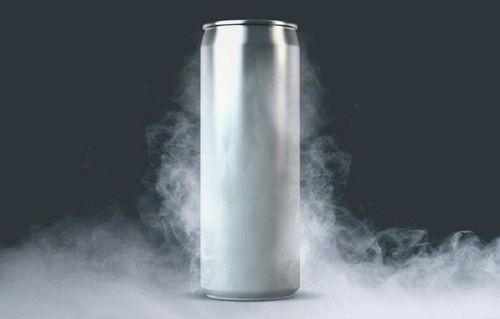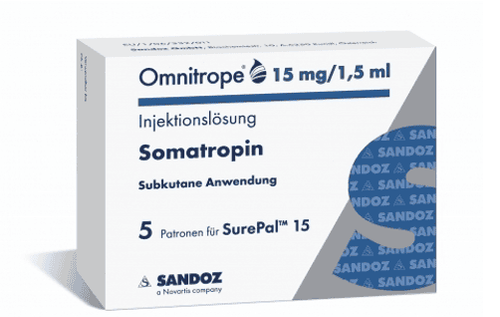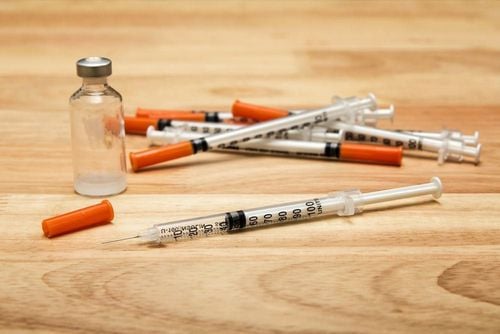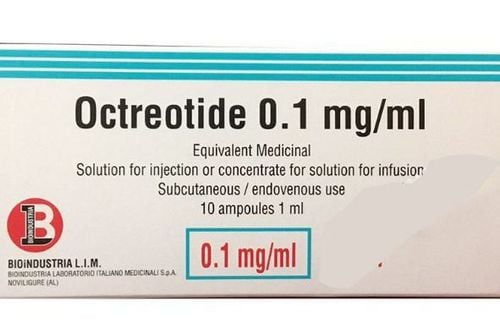This is an automatically translated article.
Ergogenic Aids or supplements play an important role in enhancing performance both in healthy and disabled athletes. In this article, we will provide useful information for users to better understand Ergogenic Aids.
1. The concept of Ergogenic Aids
The term Ergogenic Aids refers to stimulants, supplements, foods or training methods that enhance energy production, use or recovery and provide athletes with a definite competitive advantage. while playing sports.
Most are provided as supplements. Unfortunately, this means that neither the product's ingredients nor the ingredients claimed on the label have been evaluated by the U.S. Food and Drug Administration (FDA) and may not contain any any scientific basis. Surveys have shown that 76% of athletes studying in college and 100% of professional bodybuilders take supplements or stimulants. Athletes are always striving to gain an edge in competitions and they use assistive devices as well as supplements or stimulants to improve their energy and performance. It is now known that the only healthy stimulants used are those that are legal and have been shown to be safe. To gain more advantage in competitions, the best support measures are proper exercise, proper rest, good nutrition, proper technique and well-trained training and competition.
2. Allowed stimulants or supplements
There are several types of stimulants or supplements that athletes can use during competition, including:
Carbohydrate tolerance : It is now recognized that an adequate carbohydrate diet in The days and hours before intense training and competition are critical to maintaining adequate muscle glycogen levels. Therefore, increasing the consumption of carbohydrates in liquid or food form about three days before competition is one way to enhance the performance of athletes. Endurance athletes, such as marathon runners, rely on their glycogen stores as an energy source during competition, and carbohydrate loading is a method to increase glycogen stores in the body before competition. competition.

Vận động viên chạy bộ có thể bổ dung carbohydrate trước khi thi đấu
Proper nutrition : Proper nutrition means making the right food and dietary choices that help maintain health while reducing major risk factors for disease. The estimated mean daily caloric requirement is 1940 calories per day for women and 2550 for men. If activity levels are increased, high performance can be achieved by increasing calorie intake on the basis of proper nutrition. Electrolyte solutions: The body needs a daily amount of absorbed fluid to function and the minimum is about 1 liter, equivalent to 4 glasses of water. Strenuous activity and heavy sweating require two to three times this baseline amount. It has been scientifically proven that a dehydration equivalent to 2% of body weight can reduce performance and lead to heat exhaustion at 5%. Electrolyte solutions not only provide fluids but also contain electrolytes, salts and minerals needed for various bodily functions, which also lose us through sweating. Prevent stress: The increased stress of competitive sports can affect athletes both physically and mentally, as a result of which their ability to function is reduced. Stress can increase to excessive stress, increased heart rate, cold sweats and anxiety about the outcome of the competition. Techniques to help prevent stress are recognized as tools to help maintain focus, confidence, and self-control. Relaxation techniques: Relaxation is especially important for high-intensity sports activities. They promote rest and recovery and eliminate stress-related responses, such as increased muscle tension. In addition, relaxation contributes to maintaining the athlete's physical and mental state in a positive direction.
3. Prohibited stimulants in competition
Some stimulants or stimulants are known to have potentially harmful side effects and this is why they are banned by sports governing bodies as they are unsafe and unethical. The most banned substances include:
Anabolic steroids: These are synthetic hormones used to increase muscle mass and increase strength. They also induce a "steroid rush", a state of euphoria and reduced fatigue that allows athletes to train harder and with more endurance. Many side effects have been reported from the use of these steroids Doping by blood transfusion : This is one of the dangerous stimulants. It involves administering blood or blood products such as erythropoietin (EPO), a hormone that stimulates bones to make red blood cells, to an athlete to improve endurance and speed. It can also have many harmful side effects Growth Hormone (HGH): HGH is a widely abused stimulant by professional bodybuilders. Some bodybuilders take large doses of HGH to lose fat and gain muscle. However, many side effects of HGH have been documented. Caffeine: Caffeine affects the central nervous system by increasing alertness and reducing fatigue. However, using too much can cause irritability, restlessness, diarrhea, insomnia, and anxiety. Caffeine is found in coffee, tea, chocolate and soft drinks

Vận động viên không nên dùng caffein trong thi đấu
Ephedrine: Some athletes use stimulants containing ephedrine to improve their performance, generate more energy, and help reduce their body fat. Athletes using ephedrine may run longer and faster, but research has shown it also puts them at risk for life-threatening side effects. This is why the National Football League, the National Association of Collegiate Athletes and the International Olympic Committee have all taken relatively drastic steps to prevent the abuse of Ephedrine. Gene doping: Gene doping is the use of therapy for cells, genes, genetic factors, to improve athletic performance. In addition, the complex ethical and philosophical issues and long-term health effects of gene doping therapy have not been studied to date. Stimulants or supplements are substances or therapies capable of enhancing the physical or mental strength of professional athletes to achieve success in the sports in which they participate. family. However, scientists do not think that the use or application of certain types of stimulants and therapies is good for athletes, even they can lead to adverse effects. to their lives. Proper training and nutrition methods are still the best recommended way to help athletes improve fitness and endurance in both training and competition.
Please dial HOTLINE for more information or register for an appointment HERE. Download MyVinmec app to make appointments faster and to manage your bookings easily.
References: nal.usda.gov; aafp.org












